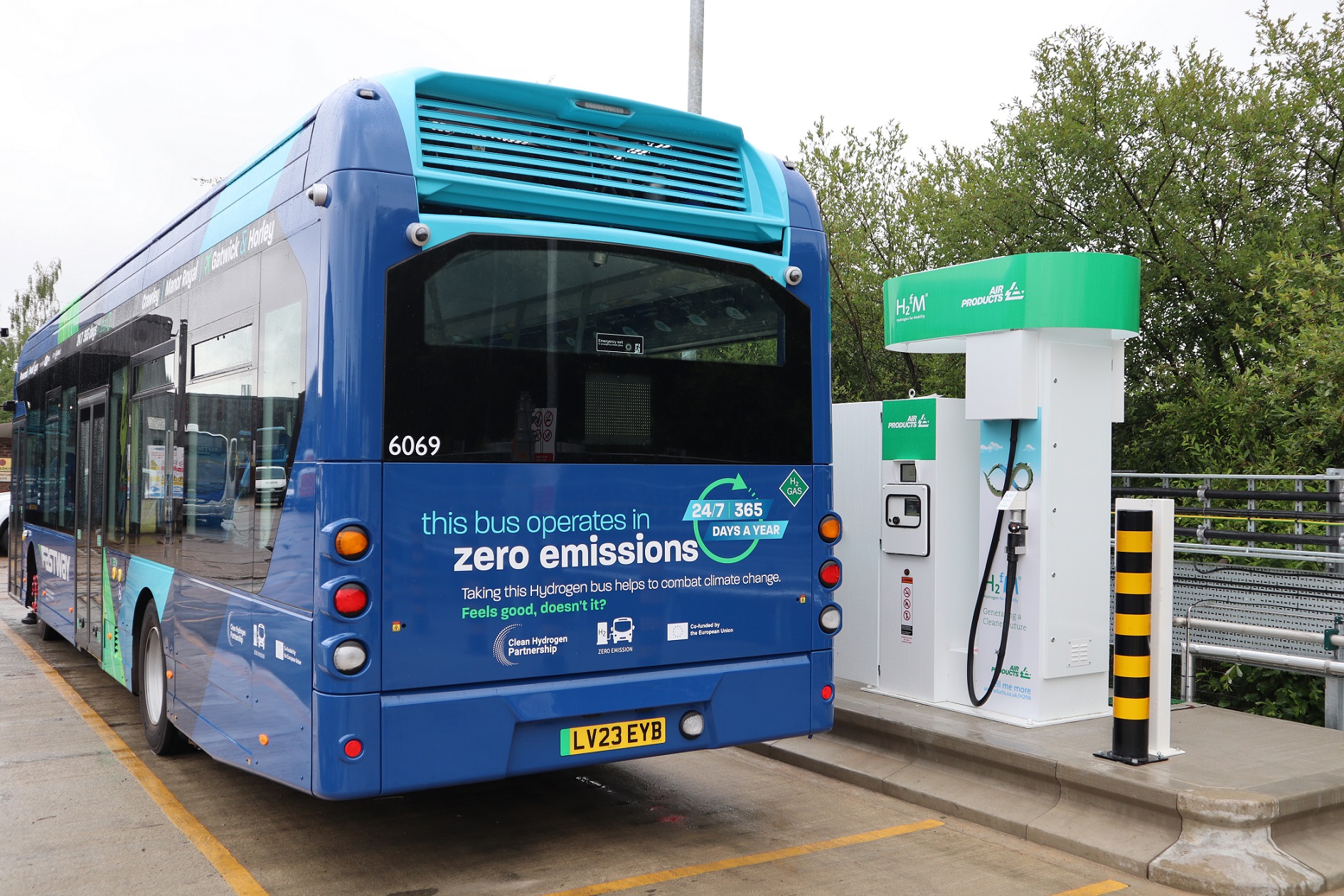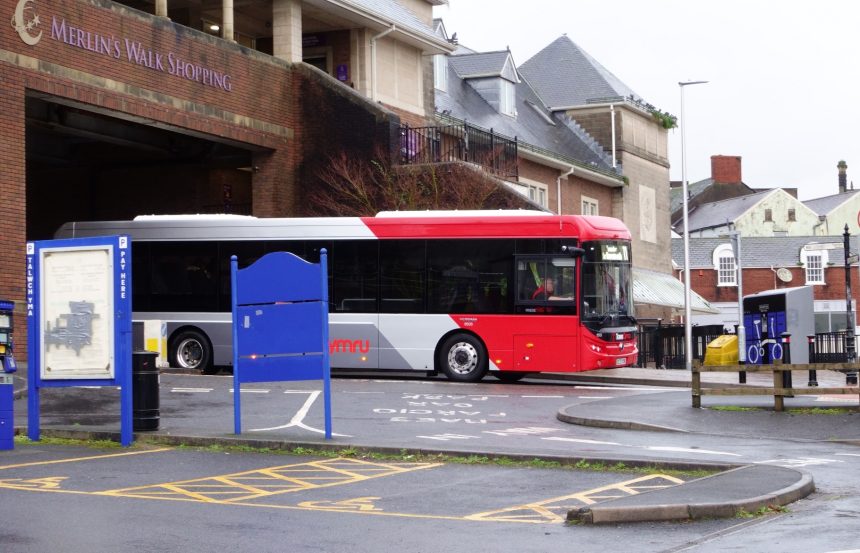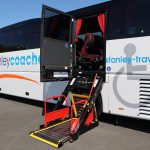Planned rollout of bus franchising in Wales will be the catalyst for a wholesale move of the country’s bus fleet towards zero-emission, Minister for Climate Change Julie James told the Senedd Climate Change, Environment and Infrastructure Committee on 13 December 2023.
Ms James says that the Welsh Government is developing a “new approach to transitioning the bus fleet to zero-emission in Wales,” underlining a long-held but oft-questioned plan that half of the country’s c.1,800-strong parc will achieve that by 2028, and 100% by 2035.
94 battery-electric buses are currently in service in Wales, leaving over 800 more to arrive across the coming five years if the first part of that Welsh Government plan is to be realised. That calls for an average delivery rate of around three per week between now and 31 December 2028.
The strategy mentioned by Ms James “will roll out alongside franchising,” she says. An outline business case to fully decarbonise the Welsh bus fleet is currently being prepared. A hint has been dropped that under the franchised model, that work could sit close to the same shift for refuse collection vehicles operated by local authorities (LAs).
While all zero-emission buses bought for use in Wales so far are battery-electric – including two batches of Yutongs funded by the Welsh Government for TrawsCymru duties split between North Wales and South Wales – the minister adds a belief that hydrogen power may form part of the transition.
Details of how franchising in Wales is to roll out will be in an implementation plan alongside the forthcoming Bus Bill. Welsh Government Director, Transport and Digital Connectivity, Peter McDonald told the Committee that in recognition of the number of SME operators in the country, “some larger pots and some smaller pots” are likely to be presented for tender.
“The design of those is quite an art, because they each have to have an integrity in their own right as well as fit together in a wider network,” Mr McDonald continues.

It remains the case that Transport for Wales (TfW) is expected to be at the centre of franchise and network planning, although the overall structure of that is yet to be finalised. To it will be fed what Ms James says is “expertise” from LAs on where routes should go and what investment is required.
Identified as a difficulty in the net-zero transition in Wales is the home-to-school fleet. Deputy Director, Public and Integrated Transport, Ruth Conway told the Committee that the country has “a huge number of school buses that are quite old,” but she aired a view that work with franchising could be integrated with efforts on home-to-school transport. That could be a challenging task, Ms Conway accepts.
Ms James also told the Committee that a long-term aim of the bus franchising work in Wales is to increase passenger numbers and farebox revenue, “and reduce government subsidy” required by the network.
The current deregulated landscape means that public funding put into buses in Wales leaves the Welsh Government “not getting back from that investment the kind of service that we need,” she continues.
Achieving reduced overall subsidy will come only after a transitionary period, Ms James claims. Staff are thus working on a forecast of what she says “revenue pressure” will look like in the meantime. However, the Welsh Government is “very interested in making sure that we can sustain the current model, broken as it is, until we get to the Bus Bill,” she continues.
Members of the bus industry in Wales have long questioned the affordability of plans for franchising in the country, with one having suggested that neither the Welsh Government nor TfW know what the actual figure will be.
Transcription of the Committee session here.



























